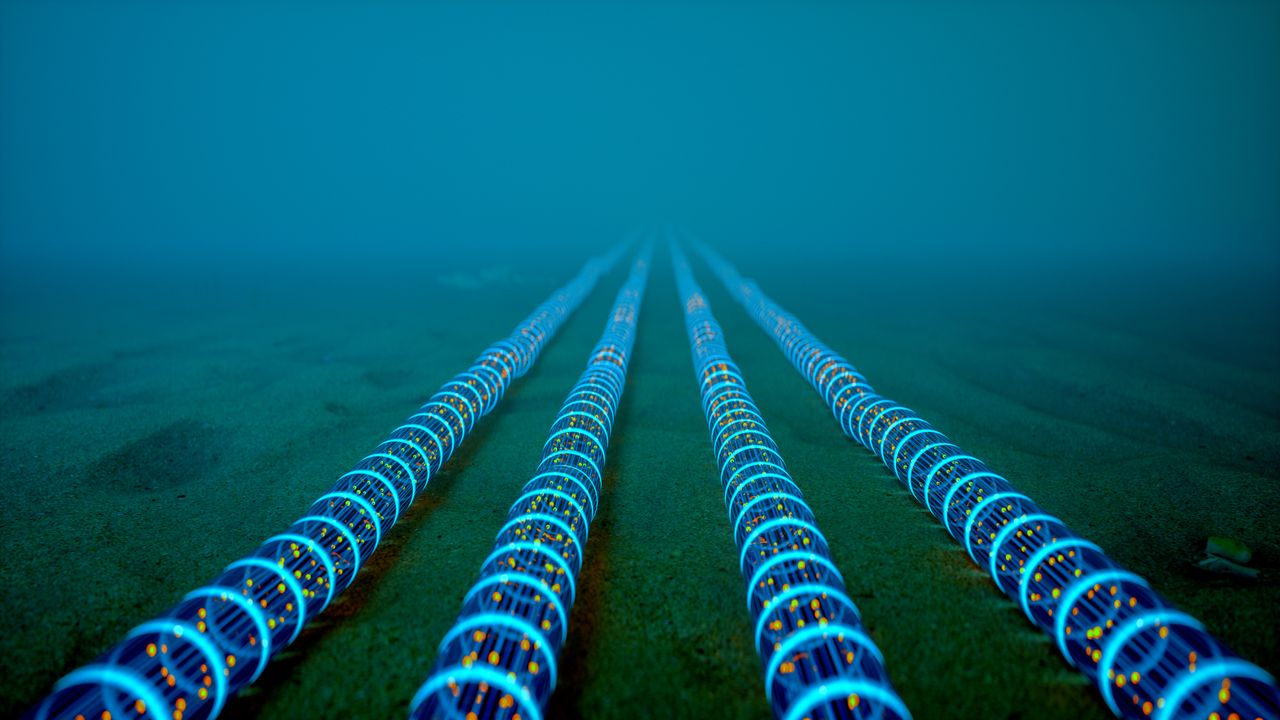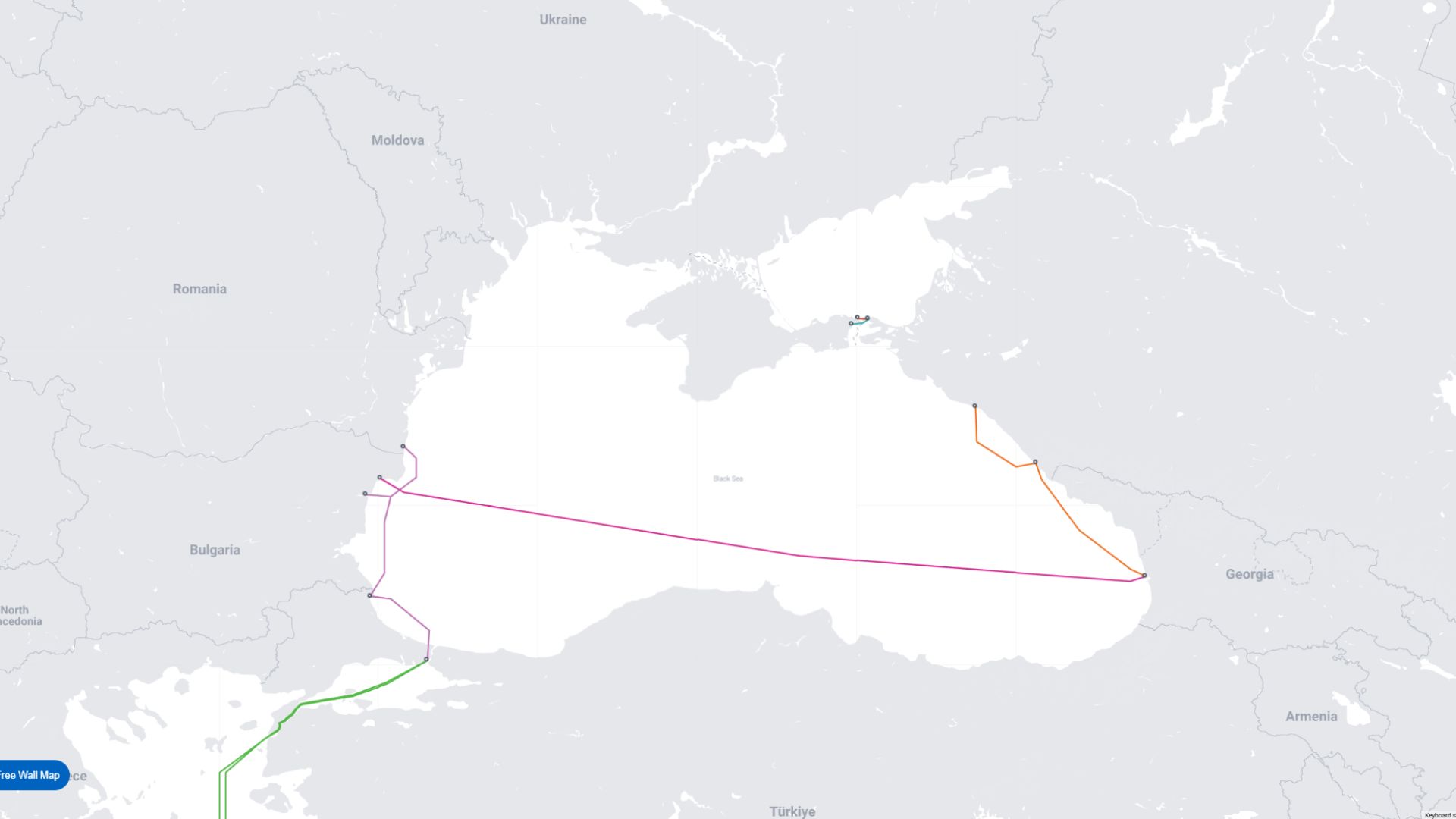
The Vodafone Group and Vodafone Ukraine are set to work together in building a new undersea cable in the Black Sea that will connect Europe and Asia while bypassing Russia. According to The Express, work on the Kardesa submarine cable system is projected to begin in 2027 in Bulgaria, with other countries following suit soon thereafter. It will also go through war-torn Ukraine, but only in internationally recognized safe zones. The project is expected to cost over €100,000,000 (more than $116 million) but will improve connectivity in the countries it connects and maybe even spark further investments in data centers and AI. More than that, it bypasses Russia, which has been suspected of sabotaging several undersea cables starting in late 2024.
At the moment, the Submarine Cable Map only shows a single undersea cable crossing the entirety of the Black Sea, connecting Georgia to Bulgaria. While there are a couple of other cables in the region, they mostly connect neighboring countries like Russia and Georgia, and Bulgaria and Turkey. The Kardesa project will interconnect the three neighboring countries — Georgia, Turkey, and Bulgaria — and then cross the sea to land in Ukraine, adding another connection point between Europe and Asia that does not go through the Mediterranean.

This additional connection is crucial as states and non-state actors discover the vulnerability of global undersea connections. Just last month, multiple cables were disrupted in the Red Sea, compromising the connectivity between Europe, Asia, and the Middle East. So, multiple paths that go through various geographical regions would offer internet route diversity, or the option to route traffic through different cables.
That way, even if one cable fails or gets attacked, others can take over the connection, increasing the resilience of the global internet. Meta has realized this, and it’s planning a 50,000-km global undersea cable that will connect the U.S., Brazil, Africa, India, and Australia. The proposed routing avoids global geopolitical hotspots, like Northern Europe, the Middle East, and the Malacca Strait.
However, routing undersea cables to avoid threats isn’t always viable for nations within an area, so companies and countries have started taking steps to protect them. For example, German company AP Sensing developed the Distributed Fiber Optic Sensing technology, which uses sonar to detect sabotage on fiber optic cables. NATO has also begun to deploy drones to protect undersea infrastructure, while Taiwan is ramping up patrols to protect its 24 cables.

Follow Tom's Hardware on Google News, or add us as a preferred source, to get our latest news, analysis, & reviews in your feeds.







